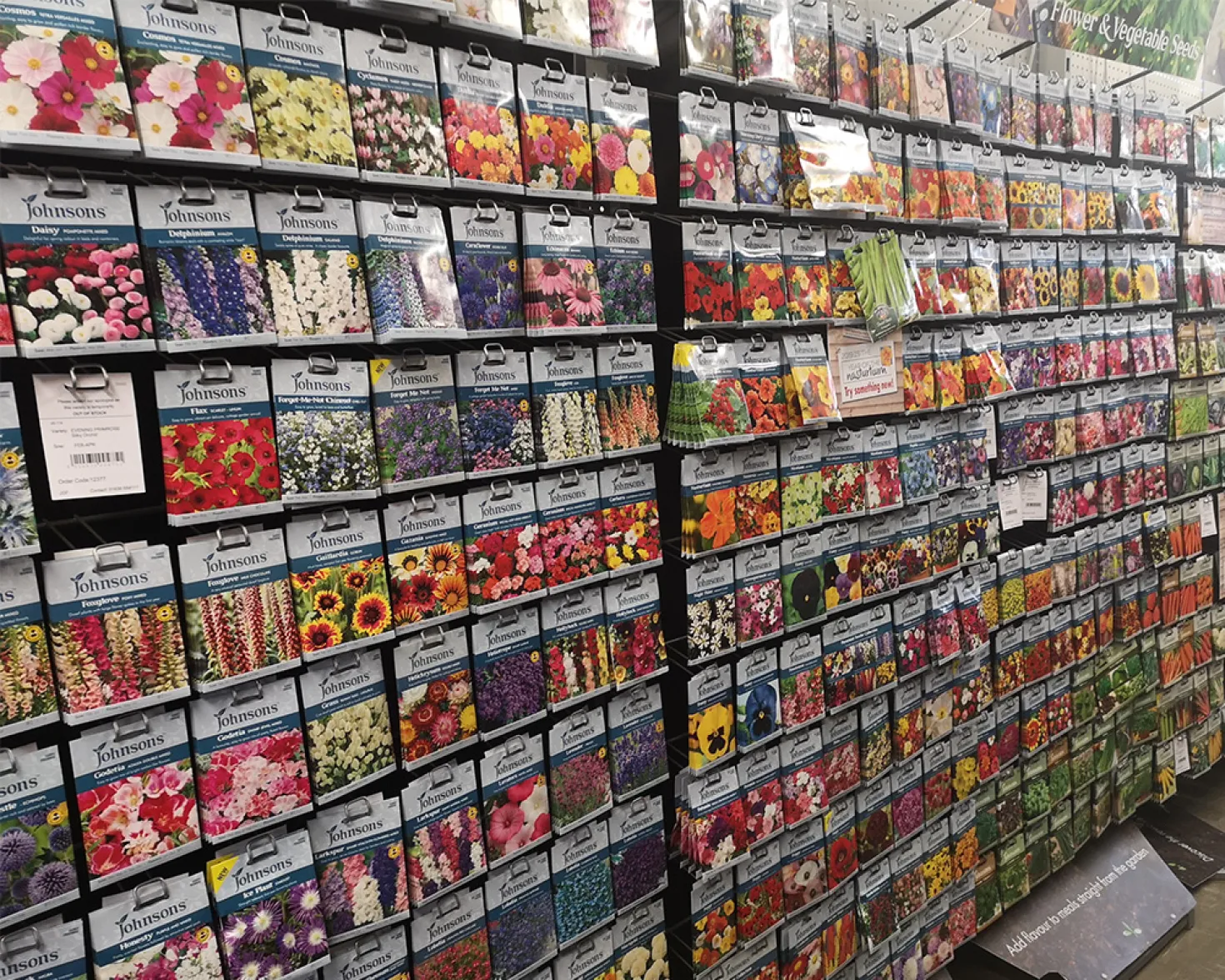- Kitchens
- Bathrooms
- Beds
- Fitted Bedrooms
- Furniture
- Parking
- Inspiration & Advice
- Contact
- Free Consultation


We would all love massive gardens with room to play and grow your own food but unfortunately the average size of a UK garden is shrinking with 2 million homes estimated to have no garden at all. Luckily, we have a solution for those of you with green fingers, grow your own vegetables and herbs inside on your windowsill or in a very small area eg: your doorstep!
To start, pick a windowsill. Preferably the one which gets the most natural sun-light or you will need to have good artificial lights. Most plants need on average 5 hours a day, however some would definitely like more eg: tomatoes. If your window has too much sun however it may be worth investing in some net curtain to provide some shade.
When choosing what you want to plant you need to be selective. Crops hate to be crowded so you may stunt your crop if you overfill the containers. A lot of plants also grow very big and can be very time consuming. When sourcing your containers, you will need to know what you are planning to plant, basil for example can cope with a 15cm pot whereas salad leaves would need a 25cm shallow pot or bowl. Alternatively, you could opt for window boxes which would provide the space needed for crops such as carrots. Some smaller crops can be made in small plastic pots saved from your recycling such as mustard and cress.
Here’s a list of things you could try planting
Fill your chosen pot almost full of compost with a little vermiculite mixed in. Sprinkle your seeds on top of the compost and sprinkle on a little vermiculite. Water well and stand on a sunny windowsill, keep it damp and watch it grow. Herbs can be grown all year round but may need additional heat in the cold months. Herbs do not need any additional plant food.
It is better to buy tomato plants for windowsill cultivation but if you would like to grow from seed you are better off choosing a dwarf variety. In a small pot of compost mixed with vermiculite make two or three indentations with a pencil, no deeper than 2mm. Drop the seeds in, one in each indentation and sprinkle compost on top. Water and secure a plastic sandwich bag over the pot with an elastic band. Place on the window sill. This method also works for chillies, peppers and aubergines too though remember to pick dwarf or compact varieties. The best time to start this is early in the year but remembering to give them extra heat. As your seedlings grow you will need to repot them into larger pots. This will need to be done 3-4 times until they reach their permanent pot. Your seedlings may also need support from pea sticks at this point.
Fill the pot up with your compost mixed with vermiculite. Add the seeds in rows leaving room for each to grow. Gently cover the seeds with approximately 2mm of compost over the top.
If you have a little space outside, either a sunny door step or courtyard, you could try container growing courgetes, beans, brassicas, peas, lettuce, carrots, turnips and even mini corn. All are available in dwarf or container varieties. Lastly hanging baskets provide another useful growing space for the smallest of spaces with tomatoes, mini cucumbers and beans growing very well in them.
You may not feed yourself and your family completely from the garden but you can definitely supplement your vegetable shop with the freshest produce. It’s also a great chance to get your children interested in where their food comes from and it’s something they can get really involved in.
As summer is approaching, the sun is finally starting to make its way through the clouds and we can move into our gardens and enjoy having people o...